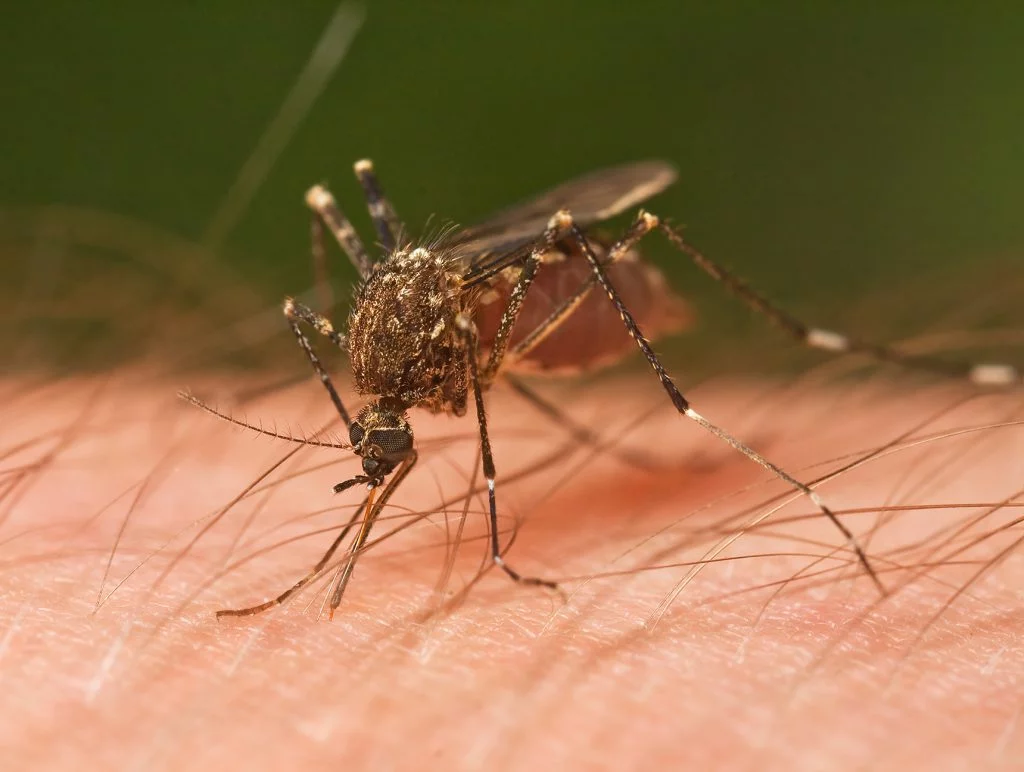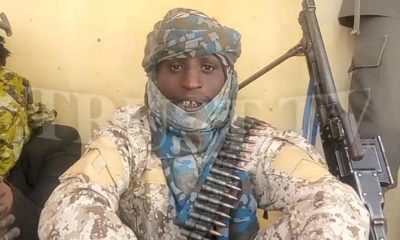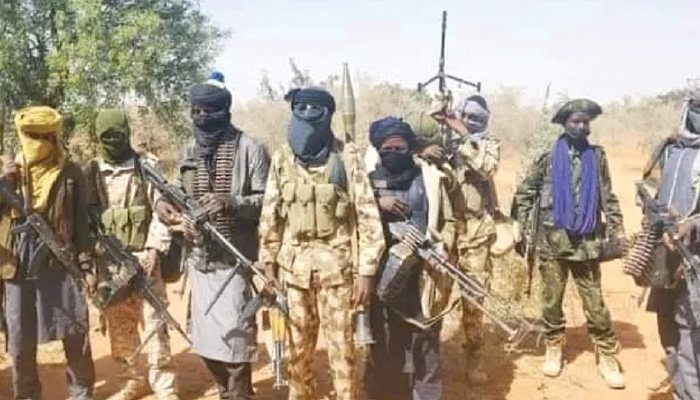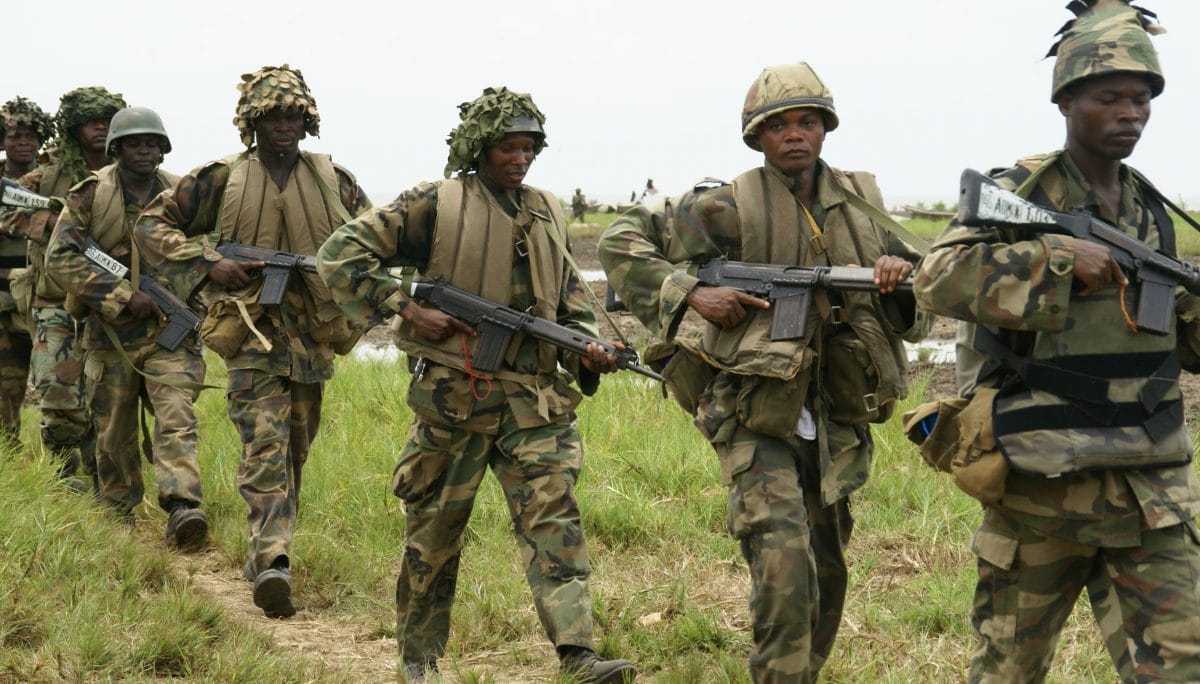News
NCDC Confirms Dengue Fever Outbreak In Sokoto

EKO HOT BLOG reports that the Nigeria Centre for Disease Control and Prevention (NCDC), on Saturday, confirmed the outbreak of dengue fever in Sokoto State.
The NCDC, in a statement posted on its website, said the outbreak was detected in November 2023.
EDITOR’S PICKS
- New ICPC Chairman Musa Aliyu Assumes Office
- Two-year-old Boy Killed By NDLEA Laid To Rest In Delta
- Lagos Govt Meets Religious Leaders Over Noise Pollution
The statement signed by the NCDC Director General, Ifedayo Adetifa, disclosed that so far, 71 suspected cases, 13 confirmed cases, and zero deaths have been reported in the state from three local government areas: Sokoto South (60 cases), Wamako (three cases), and Dange Shuni (one case).
It said the majority of the suspected cases reported fall between the age range of 21- 40 years.
Dengue fever is a viral infection caused by the dengue virus and transmitted to humans through the infected mosquito’s bite.
Human-to-human transmission of the virus has not been established. The virus is found in tropical and sub-tropical climates, mostly in urban and semi-urban areas worldwide.
Most people with dengue have mild or no symptoms and will get better in one to two weeks.
Rarely, dengue can be severe and lead to death. If symptoms occur, they usually begin four to 10 days after infection and last for two to seven days.
The symptoms of the fever may include a high fever (40°C/104°F), severe headache, pain behind the eyes, muscle and joint pains, nausea, vomiting, swollen glands, and a rash. Individuals who are infected for the second time are at greater risk of severe dengue.
The statement reads, “The NCDC-led multisectoral National Emerging Viral Haemorrhagic Diseases Technical Working Group collaborating with partners and relevant stakeholders, has conducted a rapid risk assessment to guide in-country preparedness activities.
“The NEVHD TWG coordinates preparedness efforts for Ebola virus disease and other emerging viral haemorrhagic fever diseases.
“There is currently adequate in-country capacity (including technical, health workforce, and diagnostic) to respond effectively in the event of a large-scale outbreak. Nigeria has also responded to viral haemorrhagic fever epidemics like the Ebola Outbreak in 2014 and subsequently Lassa fever.
“This has built our preparedness and response capabilities for viral haemorrhagic fevers like the dengue virus over the years.
“Currently, there is a diagnostic capacity for the dengue virus at the NCDC National Reference Laboratory in Abuja and the Usman Dan Fodio University Sokoto Teaching Hospital Laboratory Centre for Human and Zoonotic Virology.
“However, the NCDC will proceed to optimise existing Lassa fever testing laboratories and others within the NCDC national laboratory network for DENV diagnosis to improve preparedness and readiness in the event of a large-scale outbreak.”
FURTHER READING
- Lagos Govt Meets Religious Leaders Over Noise Pollution
- Army Redeploys Brigade Commander Over Adamawa Police Headquarters Invasion
- BREAKING: Tinubu Shuffles Aviation Sector, Sacks FAAN, NAMA MDs, Four Others
It added that an effective response system is in place with the availability of control capacities to limit the risk of spreading to other states.
Click to watch our video of the week
Advertise or Publish a Story on EkoHot Blog:
Kindly contact us at [email protected]. Breaking stories should be sent to the above email and substantiated with pictorial evidence.
Citizen journalists will receive a token as data incentive.
Call or Whatsapp: 0803 561 7233, 0703 414 5611
















